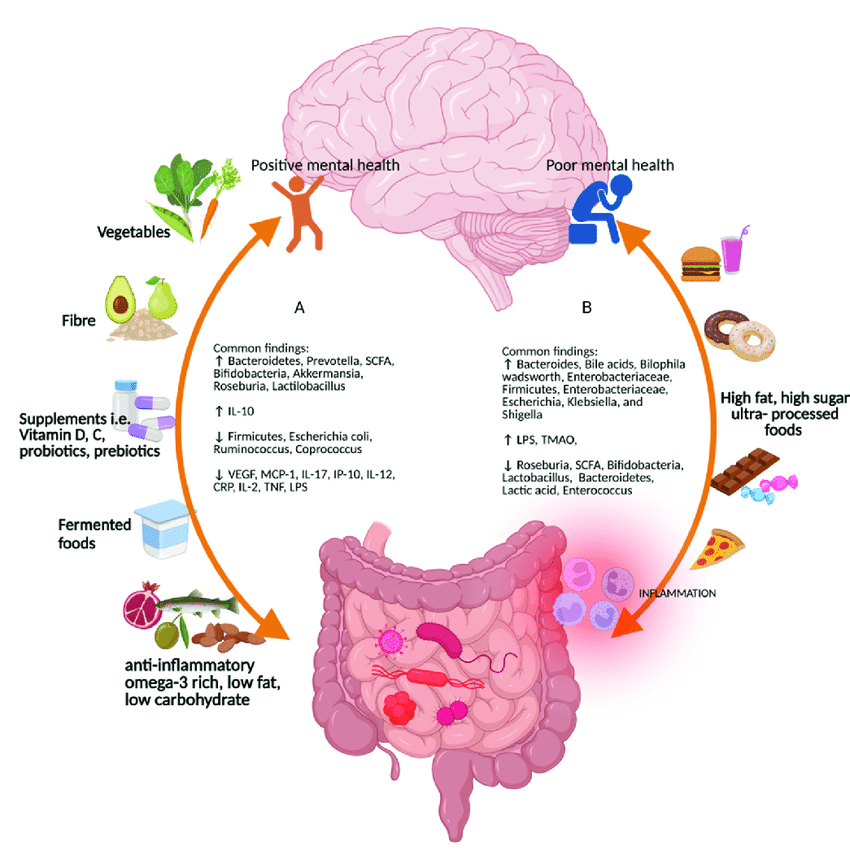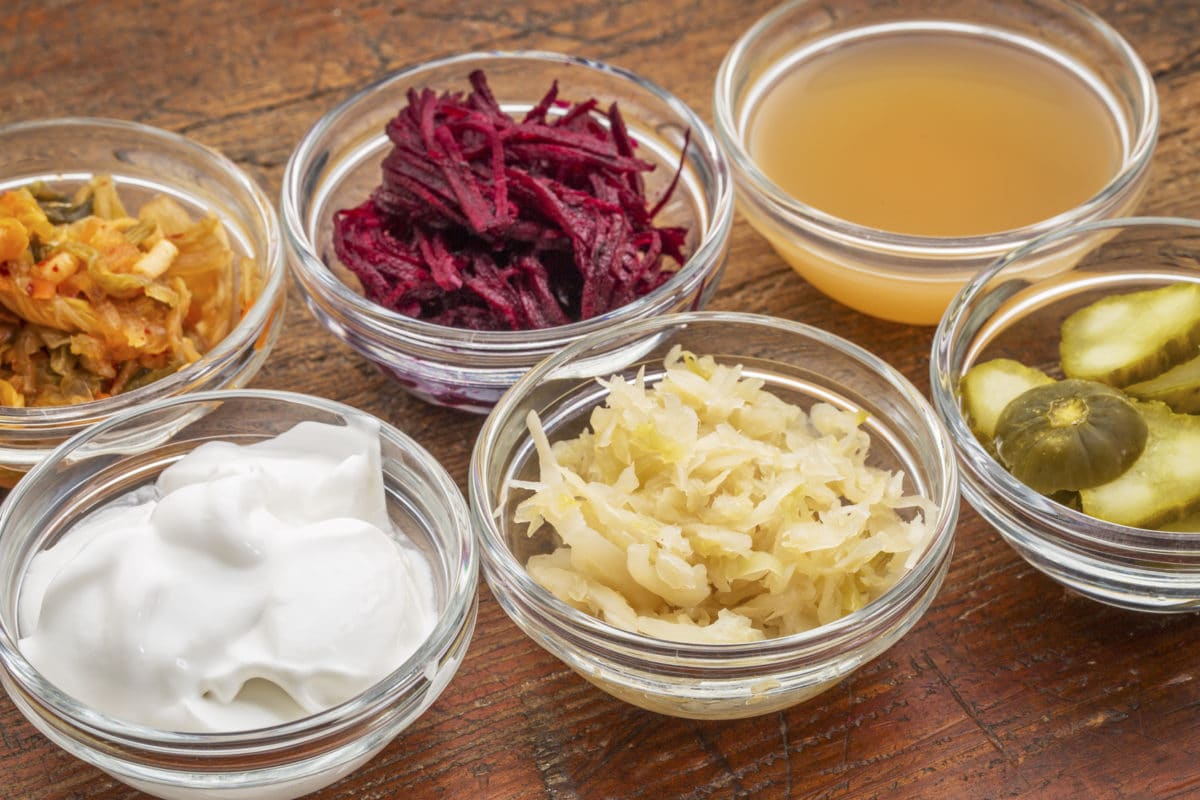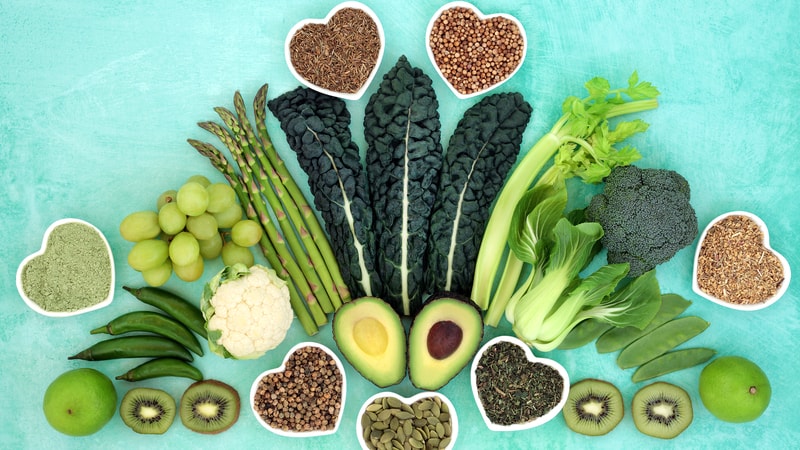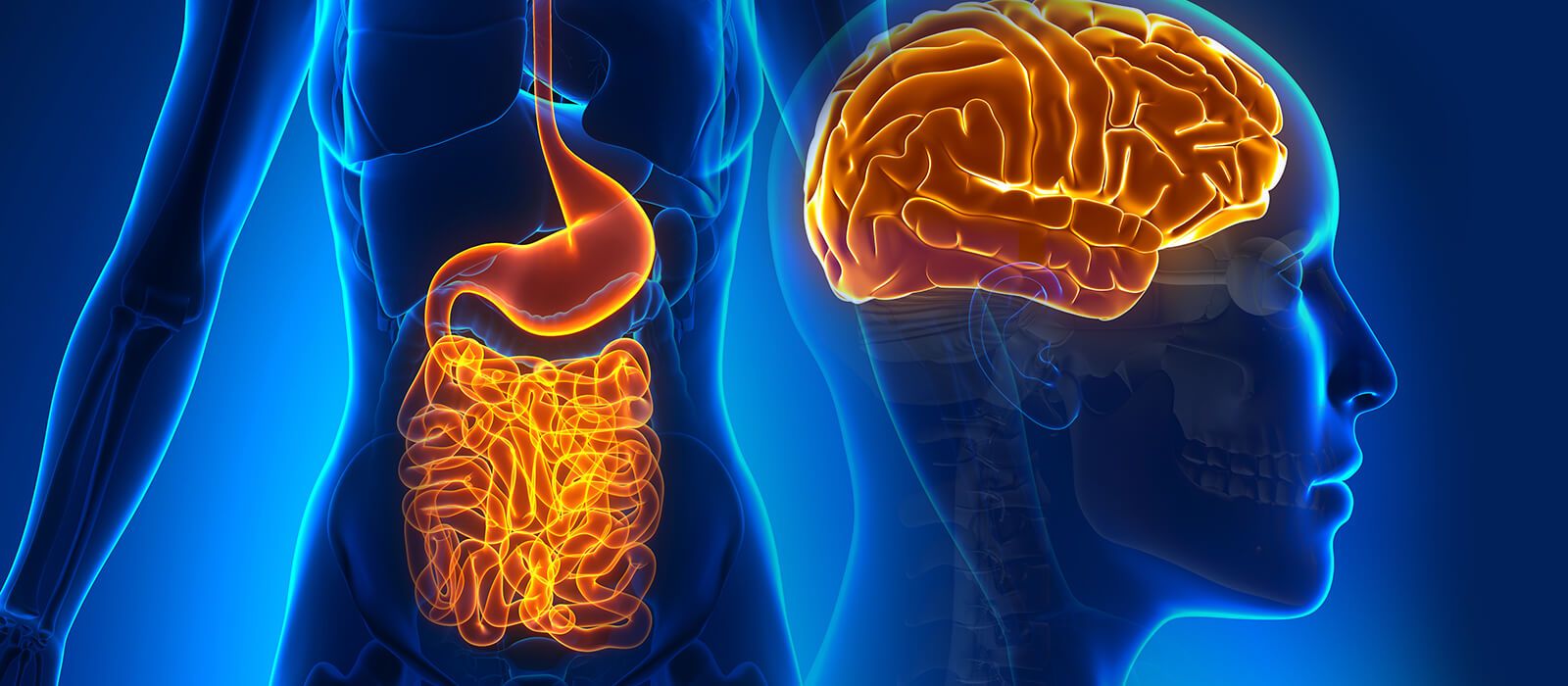The hidden connection between your gut and your mind
Discover the surprising ways your gut health transforms your mood. Just decades ago, the idea that microorganisms in the human gut could influence the brain was often dismissed as wild but that’s not any more. You will soon
Have you ever experienced butterflies in your stomach before a big event? Or felt nauseous during times of stress? These sensations are more than just coincidence – they’re a testament to the powerful connection between your gut and your brain. As a medical doctor and health blogger, I’m excited to share some lesser-known insights about how your gut health can profoundly impact your mood and mental well-being
The Gut-Brain Axis: More Than Just a Gut Feeling

The gut-brain axis is a bidirectional communication network linking your enteric and central nervous systems. This connection goes far beyond simple anatomy, encompassing endocrine, humoral, metabolic, and immune pathways. Your autonomic nervous system, hypothalamic-pituitary-adrenal (HPA) axis, and gastrointestinal nerves all play crucial roles in this intricate dance between gut and brain.
“The gut-brain axis offers us a greater understanding of the connection between diet and disease, including depression and anxiety.” – Harvard Health Publishing
1. Your Gut: The Surprising Mood Modulator
Did you know that your gut produces a significant portion of your body’s serotonin, often called the “happy hormone”? This neurotransmitter plays a vital role in regulating mood, sleep, and appetite. The microbes in your gut influence serotonin production, potentially impacting your emotional well-being in ways we’re only beginning to understand.
2. Inflammation: The Silent Mood Killer
Chronic low-grade inflammation in the gut can have far-reaching effects on your mental health. Recent research has shown that individuals with depression often exhibit increased levels of pro-inflammatory cytokines. Your gut microbiota plays a crucial role in modulating this inflammatory response, highlighting the importance of a healthy gut in maintaining emotional balance.
3. The Microbiome’s Mood-Boosting Power
The diversity of your gut bacteria can significantly influence your mental state. A 2019 study published in Nature Microbiology found that certain gut bacteria were consistently depleted in individuals with depression, regardless of antidepressant treatment. This ground breaking research suggests that nurturing a diverse microbiome could be a novel approach to supporting mental health. https://www.nature.com/articles/s41564-018-0337-x
4. Probiotics: Tiny Mood Enhancers

Probiotics, or beneficial gut bacteria, have shown promise in alleviating symptoms of anxiety and depression. These microscopic allies work by:
- Reducing inflammation
- Enhancing neurotransmitter production
- Strengthening the gut barrier
- Modulating stress responses
While more research is needed, incorporating probiotic-rich foods or supplements into your diet could be a simple yet effective way to support your mental well-being
5. The Fibre-Mood Connection: Feeding Your Happiness

You’ve likely heard about the importance of fibre for digestive health, but did you know it can also impact your mood? Prebiotic fibres serve as food for beneficial gut bacteria, promoting their growth and activity. These bacteria, in turn, produce short-chain fatty acids (SCFAs) that have been linked to reduced inflammation and improved mood regulation
Some excellent sources of mood-boosting fibre include:
- Artichokes
- Chicory root
- Jerusalem artichokes
- Leeks
- Onions
- Garlic
Incorporating these foods into your diet can help nourish your gut microbiome and potentially uplift your mood.
6. Gut Permeability: The Hidden Mood Disruptor
Increased intestinal permeability, often referred to as “leaky gut,” can have far-reaching effects on your mental health. When the gut barrier becomes compromised, it allows harmful substances to enter the bloodstream, triggering an immune response and potentially leading to systemic inflammation. This inflammation can affect the brain, potentially contributing to mood disorders and cognitive issues. Foods that support gut barrier function include:
- Bone broth
- Fermented foods like kimchi and sauerkraut
- Zinc-rich foods such as oysters and pumpkin seeds
- Collagen-rich foods or supplements
7. The Gut’s Role in Stress Response: Your Internal Stress Manager

Your gut microbiome plays a crucial role in regulating your body’s stress response. The bacteria in your gut can influence the production and regulation of stress hormones like cortisol. An imbalanced microbiome may lead to an overactive stress response, potentially contributing to anxiety and mood disorders. Incorporating stress-reducing foods that also support gut health can be a powerful strategy for mood regulation. Consider adding these to your diet:
- Dark chocolate (70% cocoa or higher)
- Green tea
- Fatty fish rich in omega-3s
- Fermented foods like kefir or kombucha
- Nutritional Psychiatry: Eating Your Way to Better Mental Health
The emerging field of nutritional psychiatry explores how dietary choices can impact mental health. This approach recognizes the intricate connection between gut health and mood, emphasizing the importance of a balanced, nutrient-rich diet for optimal mental well-being. Key dietary principles for supporting both gut and mental health include:
- Emphasizing whole, unprocessed foods
- Incorporating a variety of colourful fruits and vegetables
- Choosing lean proteins and healthy fats
- Limiting refined sugars and artificial additives
- Including fermented foods and probiotic-rich options
Practical Tips for Improving Gut Health and Mood

Now that we understand the profound connection between gut health and mood, let’s explore some practical steps you can take to nurture this relationship:
- Gradually increase your fibre intake to support a diverse microbiome
- Experiment with fermented foods like yogurt, kefir, or kombucha
- Stay hydrated to support optimal gut function
- Manage stress through techniques like meditation or deep breathing
- Consider a probiotic supplement after consulting with your healthcare provider
- Limit processed foods and artificial sweeteners that can disrupt gut balance
- Engage in regular physical activity to promote gut motility and overall health
Conclusion: Nurturing Your Gut for a Happier You
The intricate connection between gut health and mood offers a fascinating new frontier in our understanding of mental well-being. By prioritizing your gut health through mindful dietary choices and lifestyle practices, you’re not just supporting your digestive system – you’re potentially transforming your mood and overall quality of life. Remember, everyone’s gut microbiome is unique, so what works best for one person may not be ideal for another. Listen to your body, pay attention to how different foods make you feel, and don’t hesitate to seek guidance from a healthcare professional if you’re considering significant dietary changes. By nurturing the surprising connection between your gut and your mood, you’re taking a holistic approach to your health that may lead to a happier, more balanced you. So why not start today? Your gut – and your mind – will thank you



